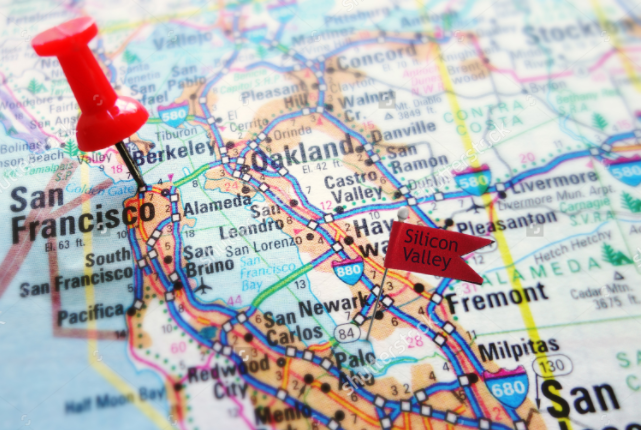
There’s no cooler biz on the planet than startups, and there’s no denying Silicon Valley is the startups capital of the world… for now.
Cities all over the world are vying to knock the crown off this tech king. And Startup Genome has all the cities doing their best to keep up with San Fran sultan in its new Global Startup Ecosystem Report and Ranking 2017.
Who knows — maybe one will be home to the next Mark Zuckerberg or Elon Musk.
The 150-page report is based on a year’s worth of research, spanning a whopping 10,000 startups and 300 partner companies. This is Startup Genome’s third comprehensive report, based on speaking with entrepreneurs and massive amounts of data on startups.
Startup Genome examined how cities help growing and sustaining vibrant startup ecosystems through eight major factors: funding, market reach, global connectedness, technical talent, startup experience, resource attraction, corporate involvement, founder ambition and strategy.
It may not come as a great surprise but this year’s top three startup ecosystems are Silicon Valley, New York, and London. However, there is a lot more to the report than the top few places. We at TNW wanted to take a closer look at each of the four regions detailed in the report.
We reached out to JF Gauthier, CEO of Startup Genome, to discuss the report and to give us a clearer view of noteworthy cities in each region.
The Americas: It’s not just about Silicon Valley
The biggest news for the Americas is perhaps that the US is losing dominance to Asia and Europe. Los Angeles and Chicago, for example, had the biggest drop of the top 20 cities, mainly due their lowered scores in ‘global connectedness’. However, the US is still prominent within the Americas (and the world), with seven US cities in the top 20.
Silicon Valley is still number one in most categories; however, the tech mecca has been ousted by Singapore when it comes to talent. High salaries are one of the main factors why Silicon Valley has lost first place, along with the difficulties of early-stage startups to attract experienced talent.
Despite two cities in the Americas having lost their seat in the top 20, Montreal and São Paulo, there are a lot of interesting startup ecosystems outside the US to look out for. Gauthier especially points out the Toronto-Waterloo innovation corridor.
Toronto moved up on place and is now number 16 in the rankings. According to Gauthier, this is mainly because of how well Toronto-startups are connected to the global community. The main challenge in Toronto is that early-stage startups have some difficulties with accessing experienced technical and growth talent.
One of the people that are especially happy with Toronto’s startup scene is Salim Teja, Executive Vice President of Ventures at MaRS Discovery District, one of the world’s largest urban innovation hubs. Teja feels that the city’s startup ecosystem has matured over the past decade and today it’s reached a tipping point:
The Canadian venture capital community has grown substantially and savvy international investors are recognizing that Toronto is an under-tapped market for technology, in fields including AI, fintech and health. As a result, we’re seeing higher raises and record venture capital funding. I think where Toronto really stands apart from other North American cities is on talent. Toronto is the most diverse city in the world, so founders are able to build diverse teams and take on a global approach to business from the beginning.
Teja also points out that there is a rich pool of graduates for startups to choose from. University of Toronto and the University of Waterloo are two of the top…
